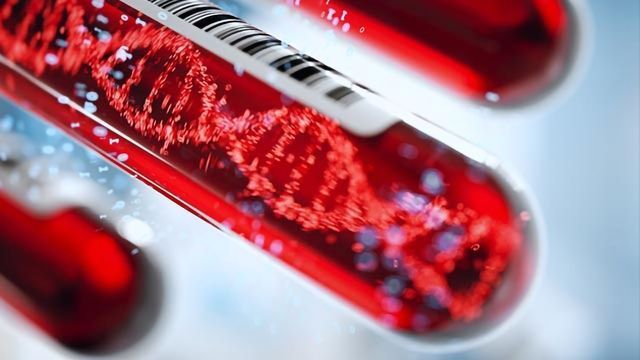Trending News
News

News
Protein’s Role in Hair Cell Development Is Identified
Researchers at the University of Maryland School of Medicine have conducted a study that has determined the role that a critical protein, called GFI1, plays in the development of hair cells.

News
The Power of the Sexes: How Biological Sex Influences Gene Expression
Biological sex has a small but ubiquitous influence on gene expression — the amount of product created by a gene for cell function — in almost every type of human tissue, according to a new study published in Science.

News
Insights Into the Structure and Function of the “Immortality Protein”
Researchers have used nuclear magnetic resonance spectrometer to gain further insights into the structure and function of Est3 from the Hansenula polymorpha telomerase

News
Addicted to Sun-Seeking? Your Genes Are To Blame
Sun-seeking behaviour is linked to genes involved in addiction, behavioural and personality traits and brain function, according to a study of more than 260,000 people.

News
“plasmaMATCH” Trial Matches Female Breast Cancer Patients to Precision Treatments Using Blood Test
A blood test that can identify a variety of mutations in advanced breast cancer can reliably match women to effective targeted treatments, according to results from a new clinical trial.

News
Epigenetic Therapy in Parents Protects Offspring From Ischemic Injury in Mouse Study
Ischemic retinopathies, including glaucoma and diabetic retinopathy, are major causes of visual morbidity and blindness. New research shows that an epigenetic therapy reduces retinal injury from acute ischemia, not only in the animals that receive the treatment, but also in their untreated first-generation offspring.

News
Gut Microbes and Heat Could Hold the Key to Stronger Bones
Exposure to warmer ambient temperatures (34 °C) increases bone strength, while preventing the loss of bone density typical of osteoporosis. Moreover, this phenomenon, linked to a change in the composition of gut microbiota triggered by heat, could be replicated by transplanting the microbiota.

News
Ancient Giant Viruses – The Key To Unlocking the Evolution of the Eukaryotic Nucleus?
In recent decades, with exponential advancement in the fields of genomics, molecular biology and virology, several scientists have taken to looking into the evolutionary twists and turns that have resulted in eukaryotic cells, the type of cell that makes up most life forms today. Here's an updated hypothesis from Professor Takemura.

News
A Novel Tool for Predicting Order and Disorder in Proteins
In their new paper, researchers have used machine learning together with experimental NMR data for hundreds of proteins to build a new bioinformatics tool called ODiNPred. This bioinformatics program can help other researchers making the best possible predictions of which regions of their proteins are rigid and which are likely to be flexible.

News
Artificial Intelligence Identifies DNA Activation Code
With the help of artificial intelligence, researchers at the University of California San Diego have identified a DNA activation code that’s used at least as frequently as the TATA box in humans.
Advertisement




